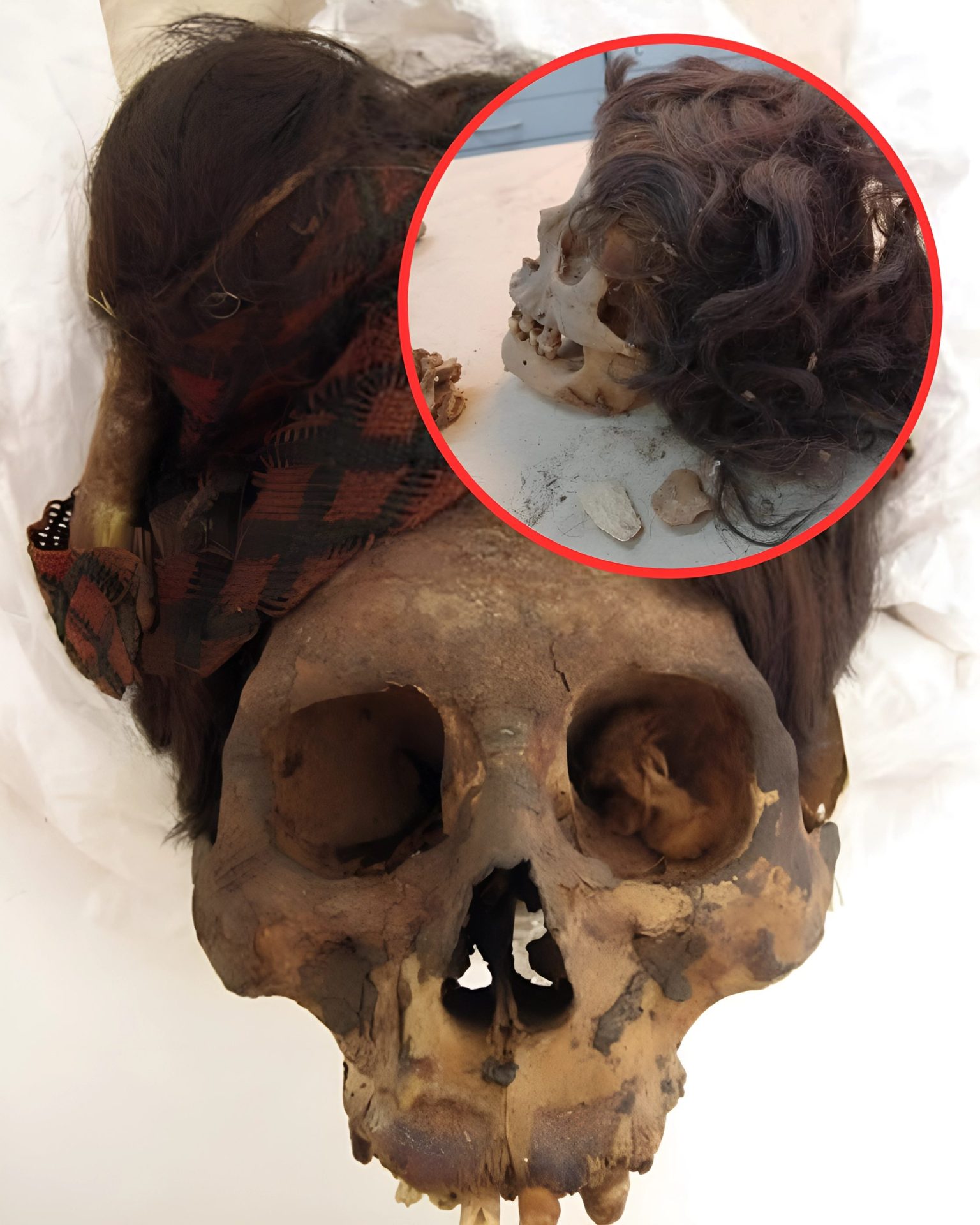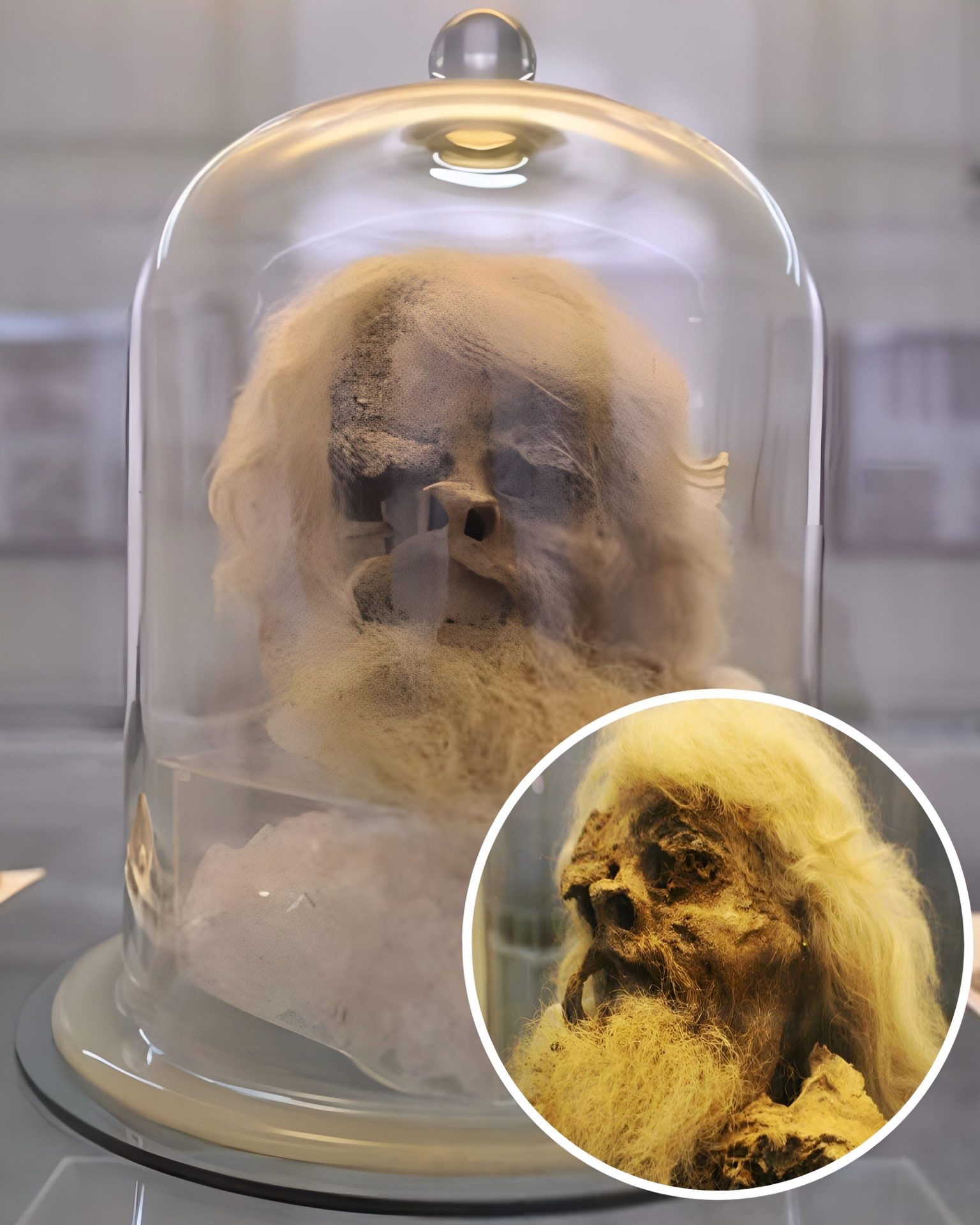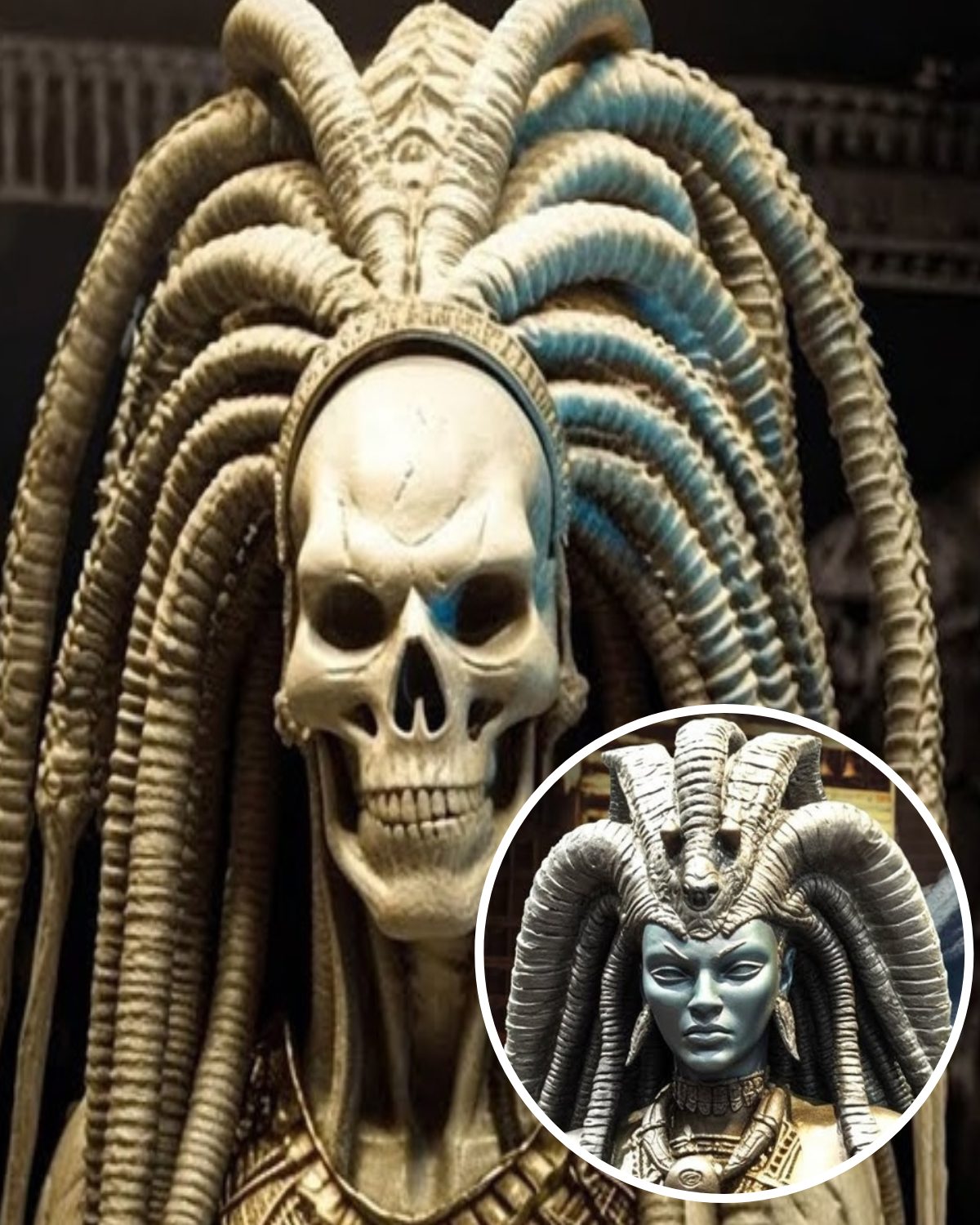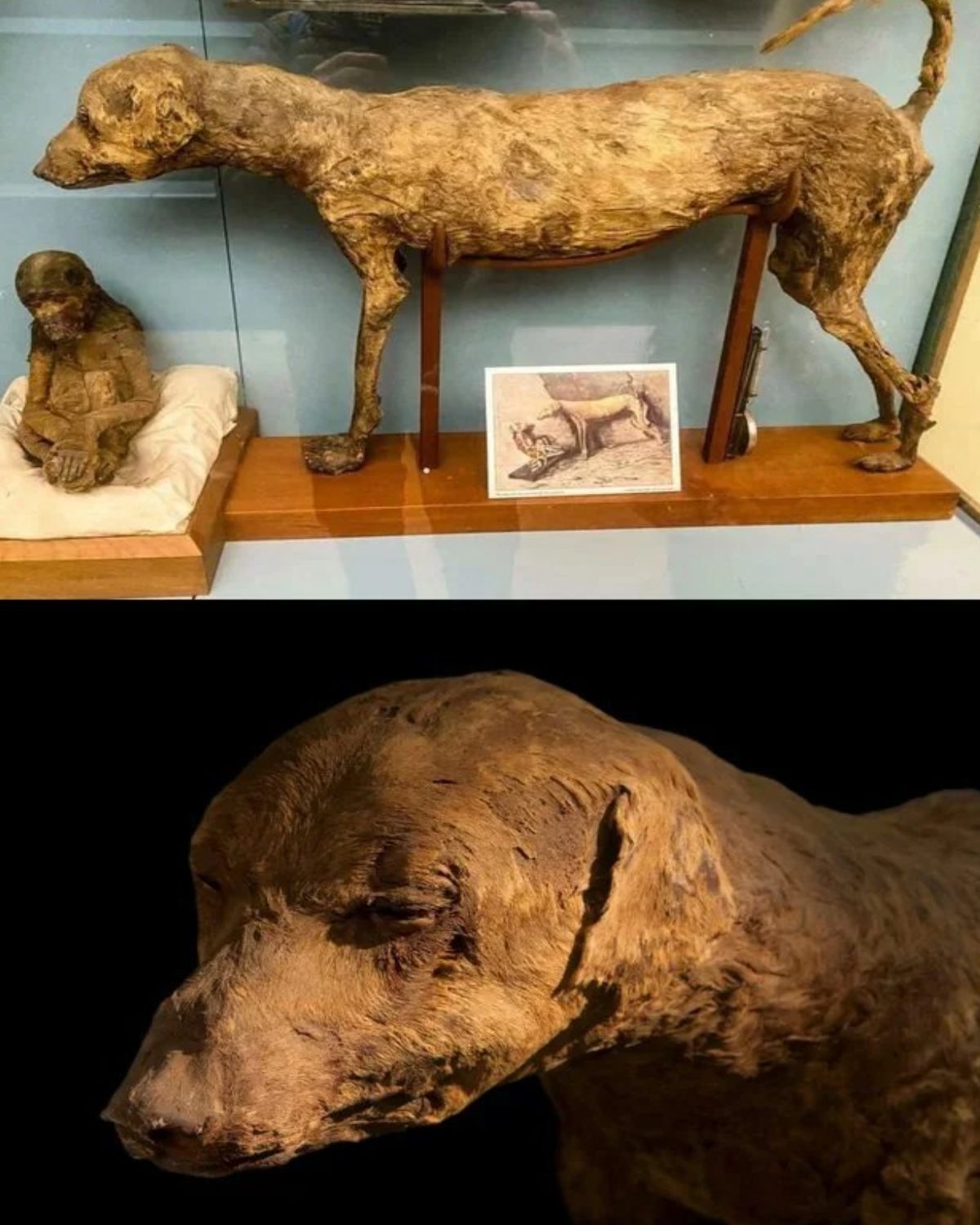Cleopatra, one of the most iconic figures in ancient history, is often synonymous with Egypt and its rich cultural heritage…. 
Cleopatra, one of the most iconic figures in ancient history, is often synonymous with Egypt and its rich cultural heritage. However, a fascinating revelation challenges this common perception – Cleopatra was not Egyptian but a Greek Macedonian, tracing her lineage back to one of Alexander the Great’s trusted lieutenants. In this exploration, we delve into the historical intricacies of Cleopatra’s background, shedding light on the true origins of this enigmatic queen.
Contrary to popular belief, Cleopatra was born into the Ptolemaic dynasty, a Greek Macedonian royal family that ruled Egypt after the death of Alexander the Great. Her lineage can be traced to Ptolemy I Soter, one of Alexander’s most trusted generals, who became the founder of the Ptolemaic Kingdom in Egypt. Cleopatra, born in 69 BCE, inherited this rich Macedonian heritage.
The Ptolemies, while governing Egypt, adopted certain Egyptian customs and religious practices to integrate with the local population. However, the ruling class maintained their Greek identity and language. Cleopatra, fluent in Greek, was a product of this cultural amalgamation, embodying both her Greek Macedonian ancestry and the influences of the ancient Egyptian civilization.
The intrigue deepens as we explore Cleopatra’s connection to Alexander the Great, one of history’s most celebrated conquerors. Through her descent from Ptolemy I Soter, Cleopatra could claim a familial link to Alexander, whose influence resonated across the ancient world. This connection likely played a role in shaping Cleopatra’s political strategies and alliances during her reign.

As Cleopatra ascended to the throne, she navigated the complex political landscape with remarkable skill. Her ability to forge alliances, both political and romantic, contributed to Egypt’s stability during her reign. Cleopatra’s interactions with powerful Roman leaders, including Julius Caesar and Mark Antony, showcased her diplomatic prowess and further highlighted the intersection of Greek, Roman, and Egyptian cultures in her court.
Cleopatra’s legacy endures through the ages, immortalized in literature, art, and film. However, the misconception of her Egyptian identity has persisted. Recognizing Cleopatra as a Greek Macedonian reframes our understanding of her historical context and the complex dynamics that shaped her rule.

The revelation that Cleopatra was not Egyptian but a Greek Macedonian adds a layer of complexity to the narrative of one of history’s most captivating figures. Her ability to navigate the intricate web of ancient politics, drawing from both her Greek Macedonian roots and the Egyptian cultural milieu, solidifies Cleopatra’s place as a formidable leader and a symbol of cultural fusion in the ancient world. As we continue to unravel the mysteries of history, Cleopatra’s true identity shines as a testament to the interconnectedness of civilizations and the enduring legacy of those who straddled multiple cultural worlds.






